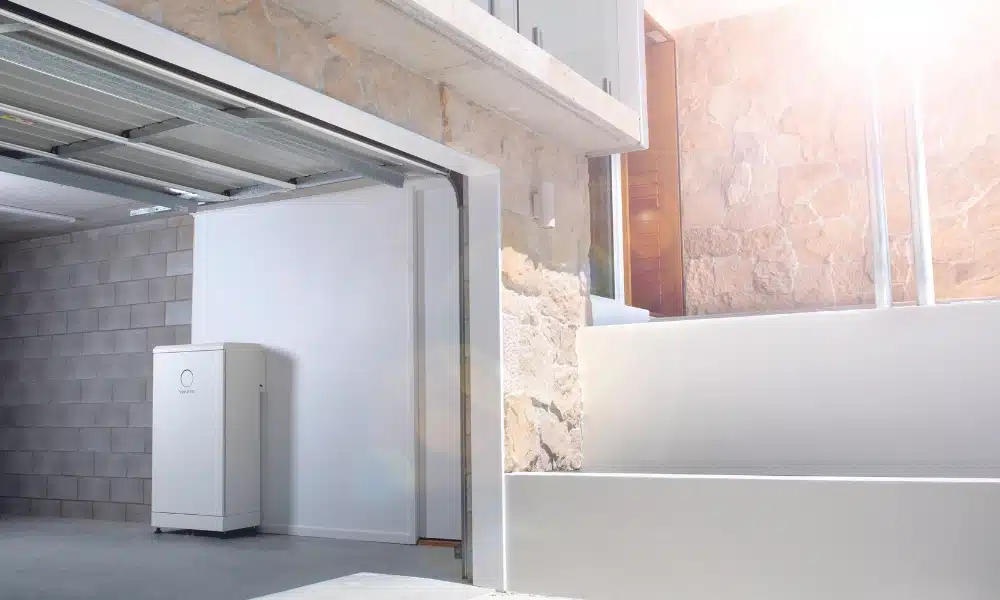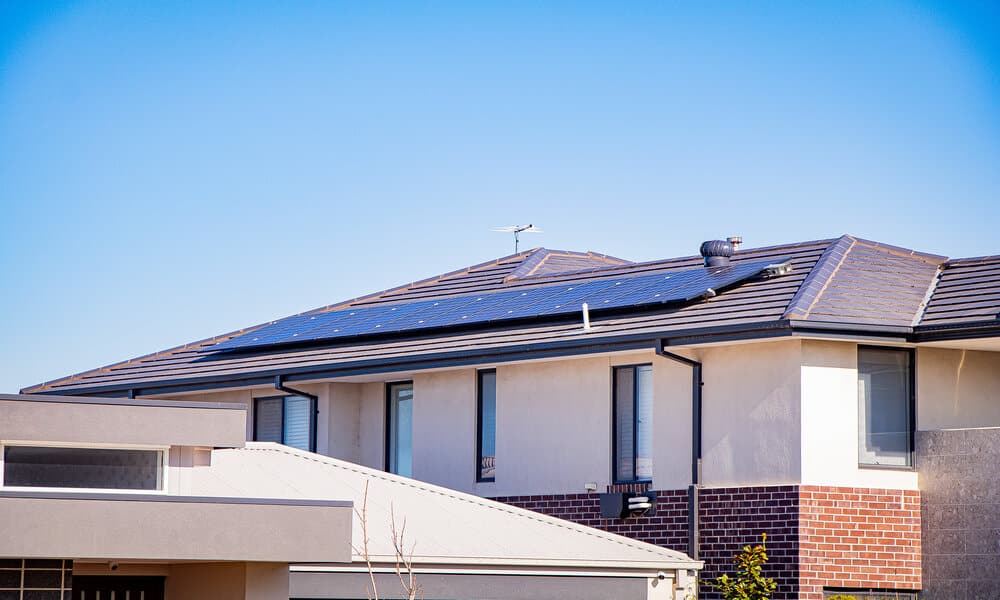Figuring out the Lifespan of Sun Panels and Batteries
One of the top questions solar installers are asked is how long solar panels and batteries are expected to last. The lifespan of solar panels and batteries is an important topic as the answer will ultimately impact the investment by home and business owners. Unlike other household or business items that are purchased to serve a specific function, solar and batteries are ultimately installed to save their owners money. What is the longevity of solar panels? What solar battery lifespan can you actually expect? Let’s take a look.
Difference between solar and battery lifespan and warranty
When looking at the lifecycle of solar and batteries, we must understand the difference in terms. ‘Lifespan’ and ‘warranty’ are two very different terms with different meanings and outcomes.
Solar and battery lifespan
The lifespan is the length of time from the date the solar panels, inverter, or battery is installed until the day the component ceases to work after normal use. When we use the term ‘work’, we mean when the component stops generating or storing electricity at an efficient or economical level. The end of life will usually be due to:
- The aging of the product
- Corrosion from the elements
- Mechanical failure from normal wear and use
- Cycle life, charge retention, and capacity degradation for batteries
Each component will have a natural lifespan but external influences and level of ongoing maintenance will heavily influence the timeframe. The following are key things you should look out for to determine if your solar component has reached the end of its lifecycle:
| Solar component | Signs of end-of-life cycle |
| Solar panels | – Noticeable and consistent decline in the amount of electricity generated (panels will usually produce around 87.5% of their day-one generation by 25 years) – Physical damage: Visible cracks, delamination, burn marks, discolouration, corrosion or rust, warping |
| Inverter | – Frequent error/fault codes or messages – Decreased energy output – Overheating – Physical damage or wear – Increased sound output – Flashing LEDs – Efficiency drop – The age of the system |
| Solar battery | – Reduced capacity – Shortened discharge time – Increased self-discharge – Physical damageFrequent faults or errors – Excessive heat – The age of the system |

Battery and solar warranties
Every solar component comes with warranties – whether they be performance or product. The warranty will outline the timeframe and the expectations. For example, the general performance warranty timeframe for solar panels in Australia is 25 years and 10 years for product warranty. For inverters and solar batteries, you can expect warranties of around 10 years. The warranty guarantees minimum standards by which your solar panel, inverter, or battery should be operating after a determined timeframe. If it does not perform as guaranteed, you should expect a repair or replacement of the product.
As with all warranties, there are certain limitations and user expectations.
How long can you expect solar panels, inverters, and batteries to last?
Each solar component has its own lifespan.
| Solar component | Expected average lifespan (years) |
| Solar panel | 25 – 30 |
| String inverter | 10 – 15 |
| Microinverter | 15 – 25 |
| Power optimisers | 15 – 25 |
| Racking and railing system | 25 – 30 |
| Lithium-ion battery | 10 – 15 |
| Lead-acid battery | 5 – 7 |
| Flow battery | 20 |
Using these averages, you can expect that a standard solar installation, with a string inverter, would give you around 15 years of solar production before the inverter would need replacing. The solar panels would not need replacing for another 10+ years. Lithium-ion batteries are the number one choice for households, so you can expect that you’ll need to replace them within 10 to 15 years.
Keep in mind that these are averages. Some solar panels will produce reasonable electricity for 40+ years.

Factors that will influence the lifespan of your solar and battery system
There are a few factors that will immediately impact the longevity of your solar and battery system:
- System quality: The manufacturer and model of the components you choose will often have the greatest bearing on how long you can expect them to last. ‘Cheap’ components from low-quality manufacturers will usually not last as long as their high-quality counterparts.
- Maintenance: Many people believe that solar and battery systems are set-and-forget products. Your solar panels are exposed to the elements and should be regularly inspected and maintained by professionals. We recommend a good cleaning at least once a year. Your solar inverter and battery should be checked regularly for signs of physical damage and the area around it cleared of debris such as spider webs and leaves.
- Installation location: The location of your home/business, plus the installation of your inverter and battery, all play a vital role in how long they will last. Generally, a solar system installed near the ocean will have a shorter life expectancy than one inland. An inverter and battery installed indoors will generally last longer than those installed outdoors. This is due to protection from the elements and reduced capacity for physical damage.
- Remote monitoring: A solar system that is monitored regularly is more likely to have faults found and rectified promptly, resulting in an increased lifespan. A fault that remains unchecked or repaired can lead to total system failure. Monitoring and understanding the performance of your system is an important step in protecting your investment.
What to do if you believe your solar panels or battery have reached the end of their life
If your solar panels, inverter, or battery is old and no longer performing as expected, we suggest you follow a couple of steps:
- Contact the original installer or a licenced electrician to inspect the system
- Engage a solar installer to replace the component/system
Your system might simply need some minor attention to add a few years to its life. However, a component that has truly reached the end of its life should be replaced promptly. Not only will you be losing money but a component that no longer performs as it should could pose risks to your home or business. Replacing the component will usually result in a new component with better technology and higher efficiency.
If your solar panels, inverter, or battery needs replacing, Energy Matters is here to help! We’ll connect you with local installers who will provide you with FREE, no-obligation quotes. Click the button below and reap the benefits of a newer solar system!
The post Understanding the Lifespan of Solar Panels and Batteries appeared first on Energy Matters.


No Comments